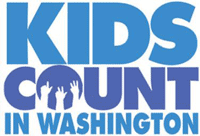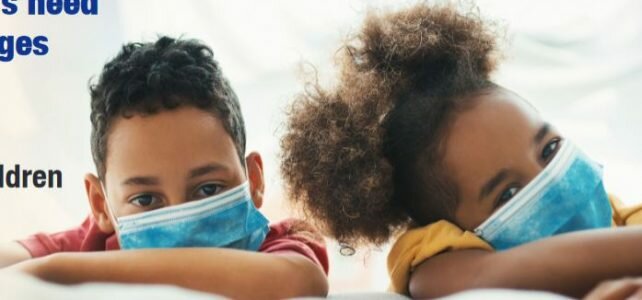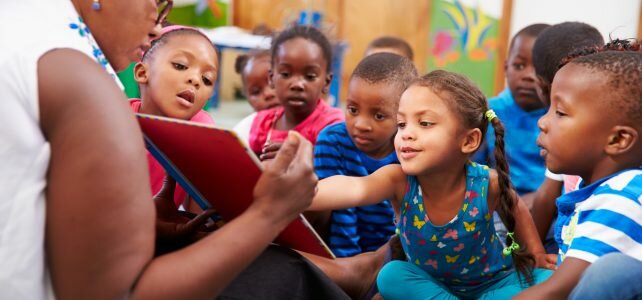About this brief: This brief is a follow up to our 2020 product, “What Washington’s kids need to weather the challenges of the COVID-19 crisis and beyond.” Recent U.S. Census Bureau’s Household Pulse data and stories from community members across the state show how the pandemic continues to affect kids and families in the areas of housing, nutrition, health care,
Smart investments can improve long-term health of Washington kids







